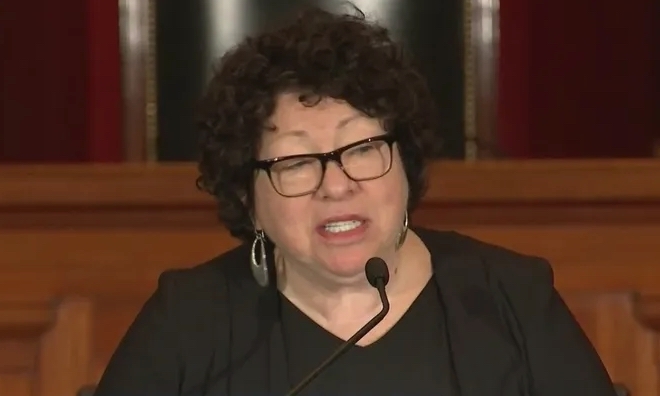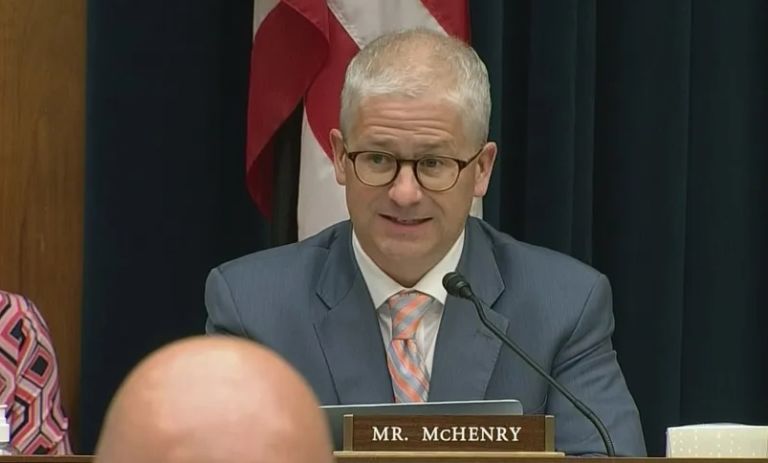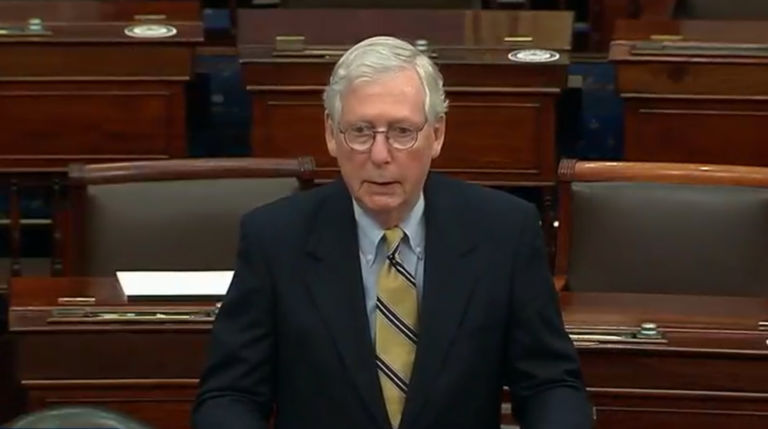New York’s state comptroller divested that state’s pension funds from two private prison companies that operate immigration detention centers. The California State Teachers’ Retirement System faced pressure from “hundreds of educators” among its 933,410 members to do the same, but has opted to keep its investment and “to communicate with management, review policies and procedures, and visit facilities.” Illinois Gov. Bruce Rauner, through accounts managed by a third party, “profits from a private equity fund owned by [sic] a health care group servicing ICE detention centers” among other prisons.
The current campaign against contracts and investments in firms that do business with US Immigration and Customs Enforcement (ICE) is the latest iteration of environmental, social, and corporate governance investing. It also highlights one of the challenges of setting ethical guidelines for institutional investors and trying to make them enforceable and give them the same weight as traditional financial measures:
Who defines what is ethical behavior and how?
Advocates claim ethically admirable companies get better financial returns than their less ethical competitors, but their rules drop entire industries. Should institutional investors, with fiduciary responsibility for a broad range of members really rate one group’s moral preferences as more important than another’s?
Maybe activists should push for defined contribution retirement plans with individual accounts so each person can make ethically informed investment decisions for his or her own financial future. Then the person who opposes ICE can avoid those investments, the person who opposes solar energy tax credits can avoid those investments, and taxpayers are not responsible for either.


